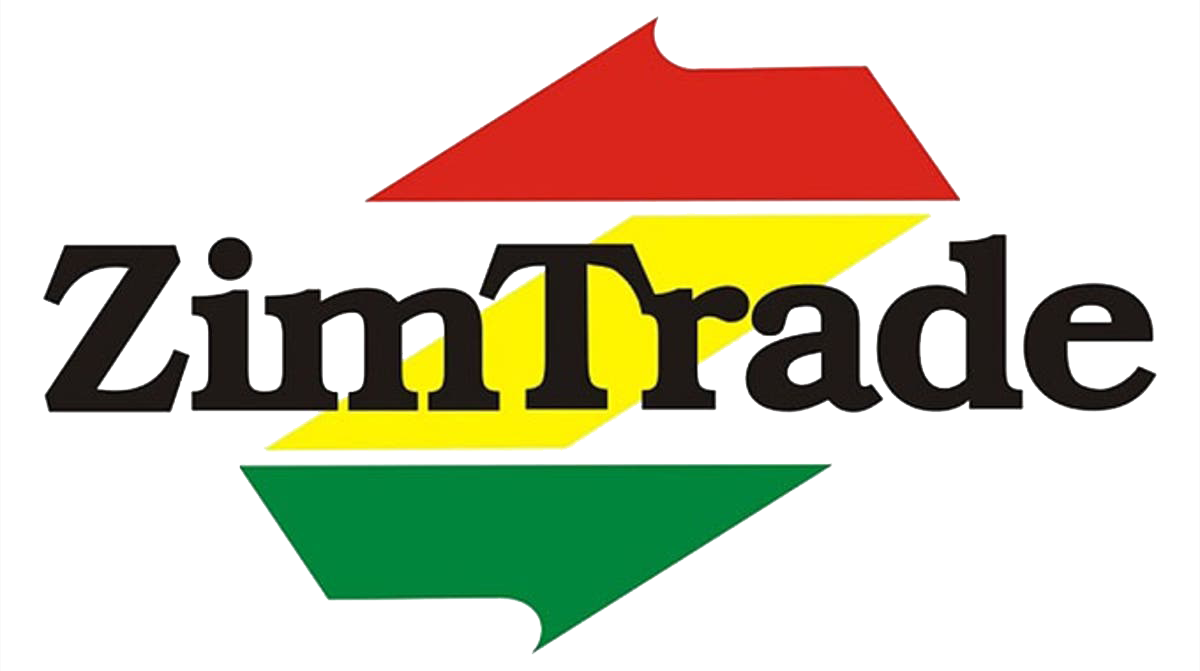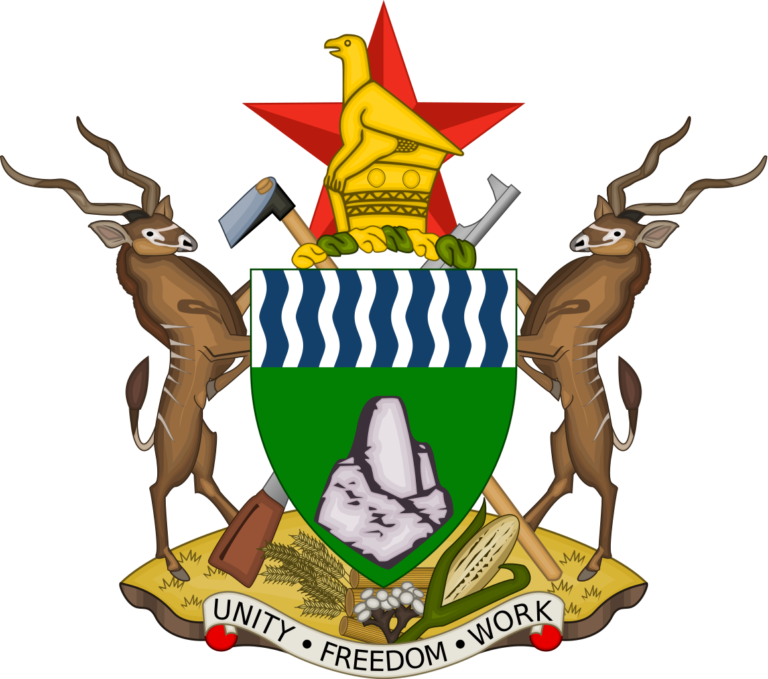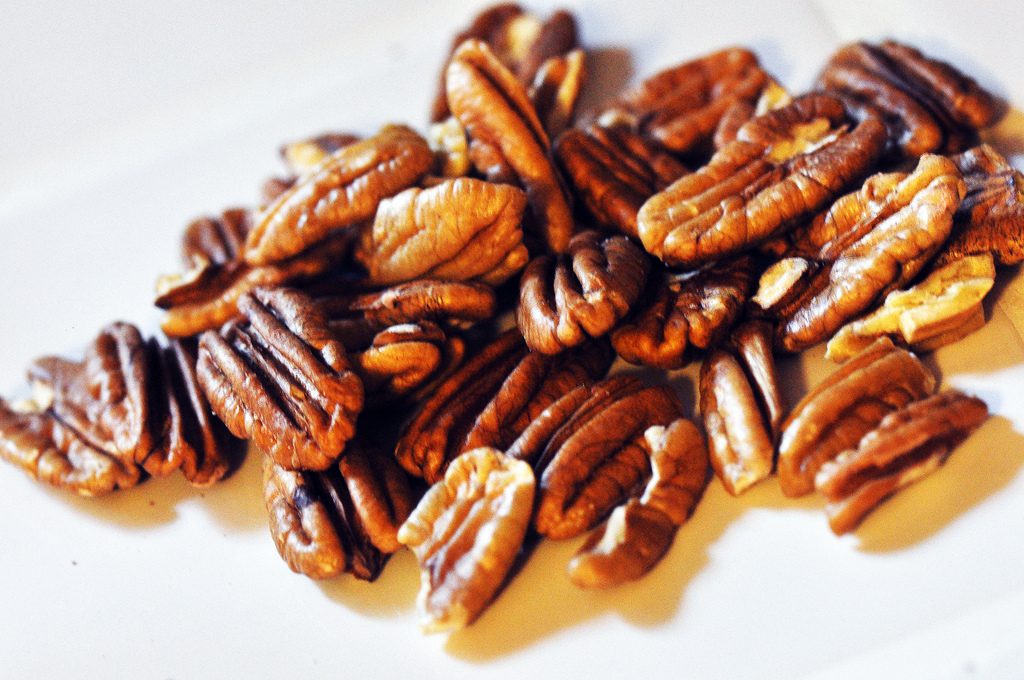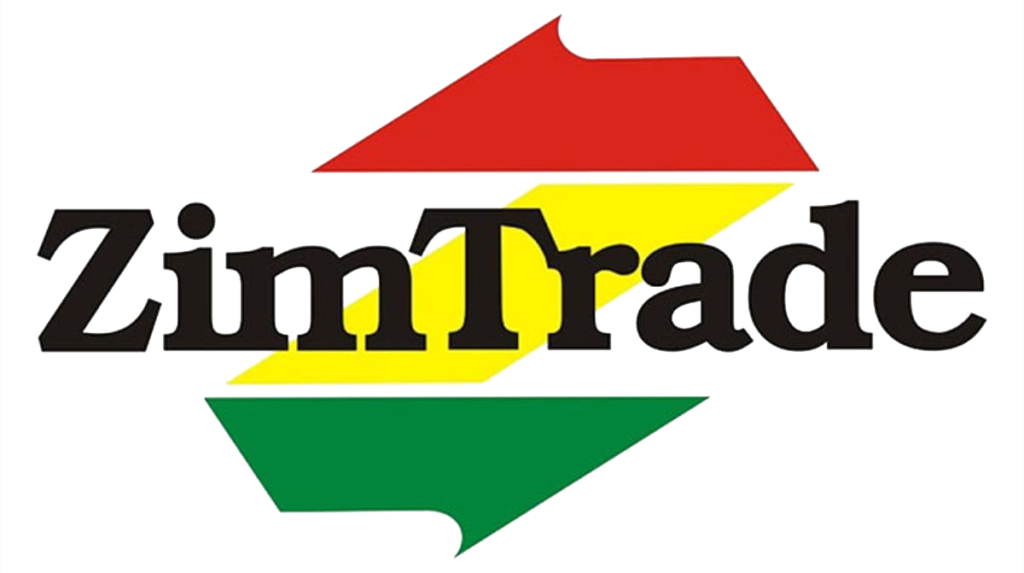Pecan nut trees (Carya illinoinensis) are native to North America and Mexico, and thrive in areas characterized by long dry summers and short cold winters. With its suitable climate, Zimbabwe’s Matabeleland South province has great potential for pecan nut production and some plantations have been established there in recent years.
One of the most popular and high-value edible nuts worldwide, pecans come in various sizes such as mammoth, extra-large, large, medium, small and midget. They are also available in several forms such as whole pecans, pecan halves, pieces, granules and meals. Their rich buttery flavor makes them suitable for both savory and sweet dishes. Raw pecans can be salted or sweetened and make for a delicious snack. They can be sprinkled over desserts, particularly sundaes and ice creams. They are also widely used in confectionery as an addition to biscuits, sweets and cakes.
According to Trade Map, in 2017 the global market for pecan nuts was worth US$2.17 billion, with the United States of America being the largest consumer taking 40% of this. Pecan is also popular in China with a market share of 17% followed by Hong Kong and Vietnam each with a market share of 11%.
USA is the also the largest supplier of pecan nuts, contributing 48% to the world’s exports, followed by China with a market share of 17%, as well as South Africa which produces 7% of global exports.
For countries looking to start exporting pecan, Germany and The Netherlands offer potential as they are increasing their imports of the nut, with demand having risen from 7% to 9% growth annually between 2013 and 2017. Pecan nuts are a high value crop, which according to Trade Map, attracted an average world price of US$6 453 per ton in 2017, with Germany and The Netherlands paying an average of US$14 084/ton and US$12 243/ton respectively.
Given the very suitable climate and large land area available for production, it is possible for Zimbabwe to grow its output and one day compete with South Africa, which is currently the third largest exporter of the nut in the world. However, to gain access, producers need to ensure that they meet the stringent EU buyer requirements. Pecan nuts headed for Europe must be certified safe (IFS, BRC). They must also adhere to the EU labelling and packaging standards.
Publish Date: Tuesday 06 November 2018



